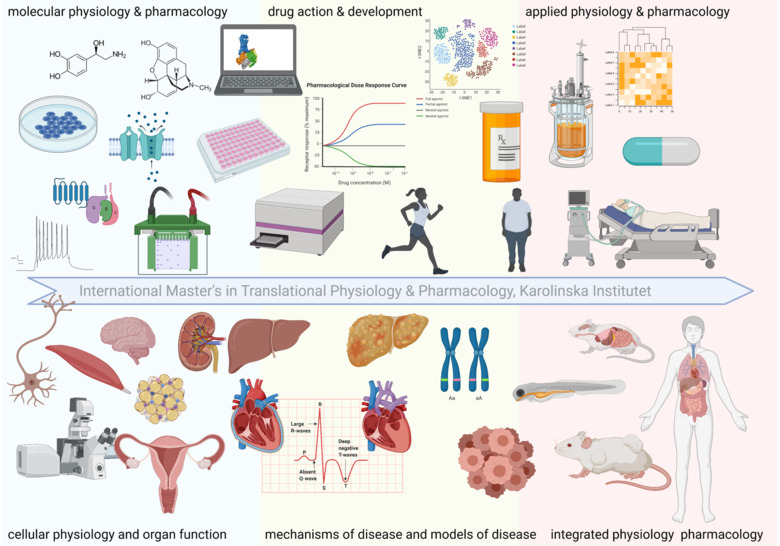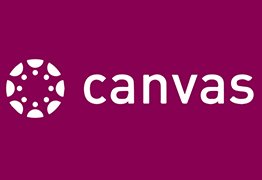For students attending the course Integrated physiology and pharmacology (25 credits) course code 4FF000
The aim of the course is to introduce the subjects of physiology and pharmacology and integrate these to create a holistic understanding of how the body functions and is affected by various factors, including pharmacologically active substances. The course includes integrated physiology and pharmacology at the molecular, cellular and integrative level, as well as pharmacological principles.
Syllabus

Registration
Registration is mandatory in order to keep your place and participate in the course. You register yourself in Ladok. The registration period is from August 18th until September 3, 2025.
About the course
The course is held on KI campus Solna with full-time teaching (100%). Full-time teaching corresponds to 40 hours of study per week.
The course starts on September 1st, 2025 and ends in mid-January 2026. A few weeks of the course runs in parallel with the course Professional Development and Ethics.
The course will include the functions of the organs during:
- normal/healthy conditions,
- abnormal conditions/diseases, and
- pharmacological/non-pharmacological treatment to create an integrated understanding of the subject areas.
Through knowledge in the major subject, the purpose is further that the student should be able to assimilate practical elements and understand how physiological and pharmacological principles can be applied.
The course is divided into four parts that are examined separately:
Part 1. Introduction to physiology and pharmacology, 6.0 credits
This part contains:
- Physiology and pharmacology at the molecular, cellular and integrative level
- Orientating anatomy and histology
- Pharmacokinetics, pharmacogenetics, pharmacodynamics and receptor pharmacology
Part 2. Respiration, circulation, endocrinology, digestion, kidney function and movement, 12.0 credits
This part contains:
- Physiology, pathophysiology and pharmacology in: heart, circulation, respiration, kidney and fluid balance, the gastrointestinal tract, the liver, endocrinology and reproduction, and the musculoskeletal system
- Applied Physiology
Part 3. Nervous system and immune system, 4.5 credits
This part contains:
- Neurophysiology, neuropathology and neuropharmacology
- The immune system, inflammation and anti-inflammatory treatment
- Infectious Diseases; principles, prevention and treatment
- Cancer and cancer treatment
Part 4. From hypothesis to therapy, 2.5 credits
This part contains:
- General principles of drug development
- Bioinformatics and health informatics in a physiological and pharmacological context
- Integration of prevention, pharmacological methods and life style changes
- Integration of how to bring an experimental hypothesis to drug development and treatment
The mode of teaching during the course is manly TBL (Team-Based Learning). TBL is a structured form of small-group learning that emphasizes student preparation out of class and application of knowledge in class. The students will work together in smaller groups during TBL and the teaching is centered around student commitment and active participation and collaboration.
Contact
Jessica Norrbom
Course directorCarl Johan Sundberg
ExaminatorGottfried Gemzell
Team ManagerCourse evaluation and course analysis

Log in to Canvas
In the learning platform Canvas, you will find the courses you are admitted to. You log in to Canvas with your KI ID and password.

Student at KI
Here you can find all the information you need for your studies.
